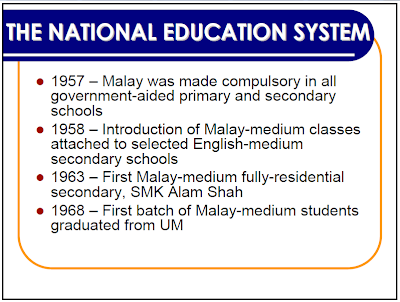Worldview
Bressler's : Worldview
consists of the assumptions or presuppositions that
we all hold
(either consciously or unconsciously) about the basic makeup of our
world.
DEFINITION
•Any
ideology, philosophy, theology, movement, or religion that provides
an overarching approach to understanding God, the world,
and
man's relations
to
God and the world
(Dr.
David Noebel –
Understanding the Times).
•A
worldview
is a
set of presuppositions (assumptions
which may be true, partially true or entirely false) which
we hold (consciously
or subconsciously) about
the basic make-up of our world (The Universe Next Door – James Sire).
•In
simplest
terms, a worldview is a set of beliefs about
the most important issues in life that guide and directs our behaviour
------------------------------------------------------------------------
•Worldviews
act
somewhat like eye glasses or contact lenses. That is, a worldview
should provide the correct "prescription" for making sense of the
world
just as wearing the correct prescription for your eyes brings things into focus.
•Common
worldviews include Atheism
, Existentialism, Hedonism, Humanism, Materialism, Nihilism, Postmodernism,
Pragmatism, Socialism, Theism, Naturalism, New Age Pantheism.
* * *
Practical Criticism
Bressler's : Practical
criticism (also known as applied criticism) applies the theories and tenets
of theoretical criticism to
a particular work. It
defines
the standards of taste
and explains,
evaluates, or justifies a particular piece of literature.
------------------------------------------------------------------------
•The
term ‘Practical Criticism’ is
applied to an academic procedure devised
by the critic I. A. Richards at
Cambridge University in the 1920s and illustrated in his book Practical
Criticism (1929).
•In
that exercise,
students were
asked
to analyse
a short poem without any information about its authorship, date, or
circumstances of composition, thus forcing them to attend to the ‘words on the
page’ rather than refer to biographical and historical contexts.
•It
has sometimes been referred to as a species of 'blind reading', though
the aim is to sharpen perception and to develop more
precise powers of description, diagnosis and critical judgement.
•It
is used to test
students' responsiveness to
what they read, as well as their knowledge of verse forms and of the technical
language for describing the way poems create their effects
•In
conclusion, it was devised to describe a method of teaching (and testing)
skills and developing insights which would enhance deeper and more alert
understanding of literary works through detailed analysis of short text
passages, often presented with no information about author, date of
composition, or the place of the passage for analysis within the work from
which it was excerpted.
* * *
Transactional theory
•Transactional
theory suggests a "reciprocal, mutually defining
relationship" (Rosenblatt,
1986) between the reader and the literary text.
•That
exchange--a transaction--is more accurately characterized by Annie Dillard's
metaphor ; "The mind fits the world and shapes it as
a river fits and shapes its own banks" (1982).
•Transactional
theory proposes that the relationship between reader and text is much like that
between the river and its banks, each working its effects upon the
other, each contributing to the shape of the poem
•Readers
bring
their prior knowledge and experiences to bear on the reading event, and meaning
is constructed during the transaction between reader and text.
•This
theoretical perspective views the reader as an active constructor
of meaning,
not as a passive recipient of ready-made “truths.”
•Readers
are individuals in society, unable to escape from the contexts in which they
live and read, but capable of rendering unique interpretations as
they transact with particular texts at particular times
•While
the reader is guided by the ideas and words that the author laid out,
it is ultimately each individual reader's experience
in reading the work that actually gives it meaning
•Since
each person brings unique knowledge and beliefs to the reading transaction,
the text will
mean different things to different people.
** Bressler here refers to the book "Literary Criticism - An Introduction to Theory and Practise ( Fifth Edition) " by Charles E.Bressler
** These notes I copy paste from my powerpoint presentation. And I got all these mostly from the internet from various websites. There are lots on worldview, practical criticism and transactional theory in the internet, I suggest you type " worldview literature" "practical criticism literature" "transactional literature reader text" . Hope that helps :)
** Bressler here refers to the book "Literary Criticism - An Introduction to Theory and Practise ( Fifth Edition) " by Charles E.Bressler
** These notes I copy paste from my powerpoint presentation. And I got all these mostly from the internet from various websites. There are lots on worldview, practical criticism and transactional theory in the internet, I suggest you type " worldview literature" "practical criticism literature" "transactional literature reader text" . Hope that helps :)
* * *






















